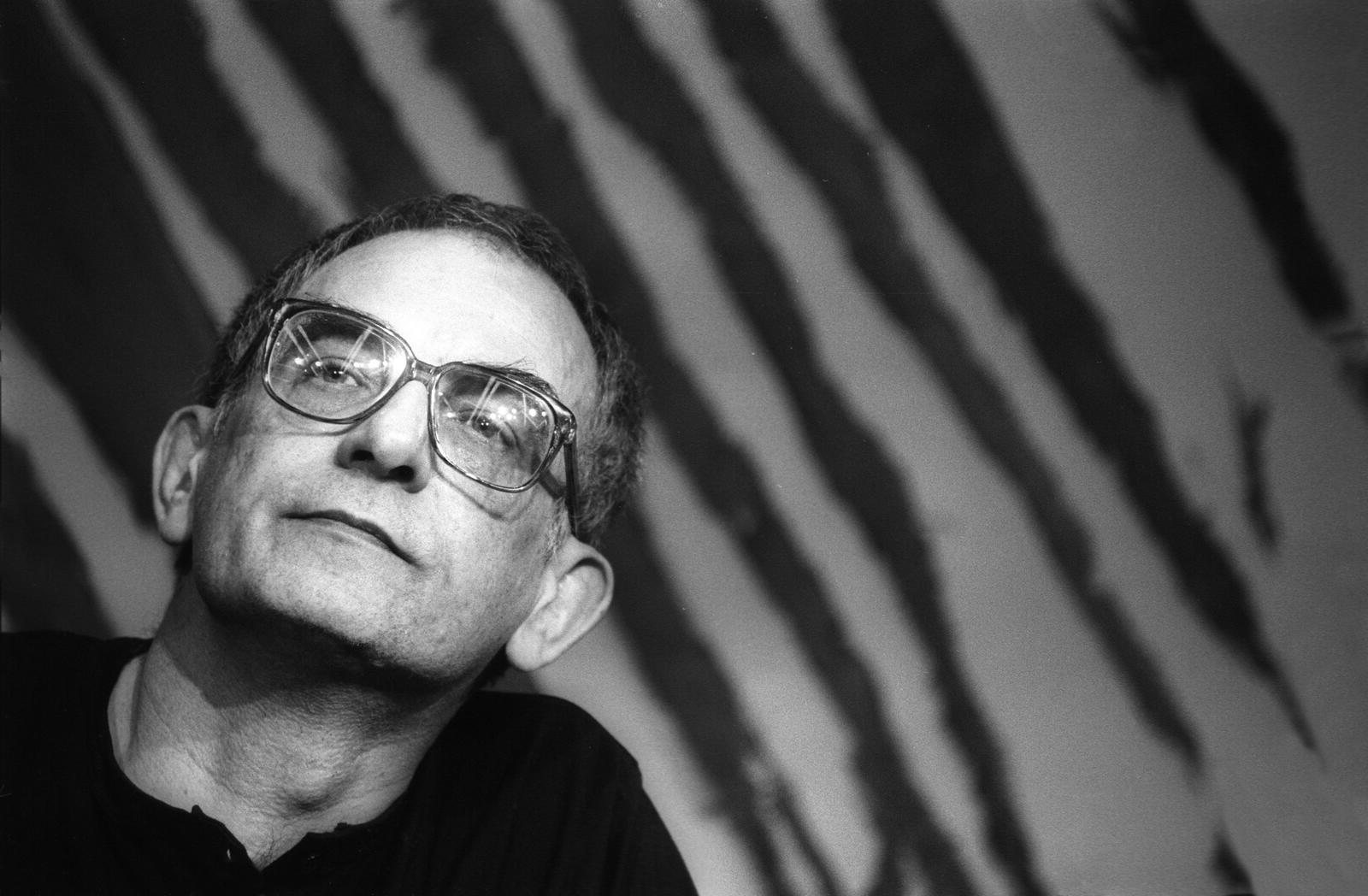
Who was Krzysztof Kieślowski? A Polish filmmaker known for his profound storytelling and visual artistry, Kieślowski left an indelible mark on cinema. His works, such as the "Three Colors" trilogy and "The Decalogue," explore deep human emotions and moral dilemmas. Born in Warsaw in 1941, he initially studied to be a theater director but found his true calling in film. Kieślowski's unique style blends realism with philosophical inquiry, making his films both thought-provoking and visually stunning. Why is Kieślowski important? His ability to capture the complexities of human nature and societal issues has earned him a place among the greatest directors of all time.
Key Takeaways:
- Krzysztof Kieślowski, a Polish filmmaker, overcame challenges to create powerful films that still inspire directors today. His legacy lives on through his thought-provoking storytelling and visual artistry.
- From his early struggles to international acclaim, Kieślowski's journey showcases the impact of determination and creativity. His films continue to captivate audiences and influence filmmakers worldwide.
Early Life and Education
Krzysztof Kieślowski, a renowned Polish filmmaker, had a fascinating journey from his early years to becoming a celebrated director. Let's explore some intriguing facts about his early life and education.
- Born on June 27, 1941, in Warsaw, Poland, Kieślowski grew up during World War II.
- His father, a tuberculosis patient, moved the family frequently to seek better treatment, influencing Kieślowski's perspective on life.
- Initially, Kieślowski had no interest in filmmaking; he wanted to be a firefighter.
- He attended a vocational school for theater technicians, sparking his interest in the arts.
- Kieślowski applied to the prestigious Łódź Film School three times before finally being accepted.
Career Beginnings
Kieślowski's career began with documentaries, which laid the foundation for his later work in narrative cinema. Here are some key facts about his early career.
- His first documentary, "The Office," was released in 1966, focusing on the bureaucratic process in Poland.
- Kieślowski's documentaries often highlighted social issues, reflecting his interest in the human condition.
- "Workers '71" is one of his notable early works, documenting the aftermath of the 1970 protests in Poland.
- He transitioned to feature films in the 1970s, with "Personnel" being his first narrative film.
- Kieślowski's early films often faced censorship in Communist Poland, challenging his creative expression.
The Decalogue Series
One of Kieślowski's most acclaimed works is "The Decalogue," a series of ten films inspired by the Ten Commandments. Let's delve into some facts about this monumental project.
- "The Decalogue" was released between 1988 and 1989, consisting of ten one-hour films.
- Each film in the series explores moral and ethical dilemmas faced by ordinary people.
- The series was originally made for Polish television but gained international acclaim.
- Kieślowski collaborated with screenwriter Krzysztof Piesiewicz on "The Decalogue," marking the beginning of a long partnership.
- "The Decalogue" received numerous awards, including the FIPRESCI Prize at the Venice Film Festival.
International Success
Kieślowski's work gained international recognition, leading to collaborations with filmmakers and actors from around the world. Here are some facts about his international success.
- "The Double Life of Véronique," released in 1991, was Kieślowski's first major international success.
- The film starred Irène Jacob, who later worked with Kieślowski on the "Three Colors" trilogy.
- "The Double Life of Véronique" won the FIPRESCI Prize at the Cannes Film Festival.
- Kieślowski's "Three Colors" trilogy—comprising "Blue," "White," and "Red"—is considered a masterpiece of world cinema.
- The trilogy explores themes of liberty, equality, and fraternity, inspired by the French flag's colors.
Legacy and Influence
Kieślowski's impact on cinema continues to be felt long after his passing. His unique storytelling and visual style have inspired countless filmmakers. Here are some facts about his legacy and influence.
- Kieślowski retired from filmmaking after completing the "Three Colors" trilogy, citing exhaustion.
- He passed away on March 13, 1996, at the age of 54, due to complications from heart surgery.
- Kieślowski's films are studied in film schools worldwide for their narrative complexity and visual artistry.
- Directors like Christopher Nolan and Paul Thomas Anderson have cited Kieślowski as an influence on their work.
- The Criterion Collection has released several of Kieślowski's films, ensuring their preservation and accessibility for future generations.
- In 2016, the Polish Film Institute named Kieślowski one of the most important figures in Polish cinema history.
- His work continues to be celebrated at film festivals and retrospectives around the globe.
The Legacy of Krzysztof Kieślowski
Krzysztof Kieślowski's work continues to inspire filmmakers and movie lovers worldwide. His unique storytelling and deep exploration of human nature make his films timeless. From the Decalogue series to the Three Colors Trilogy, Kieślowski's films offer a profound look into the complexities of life, morality, and relationships. His ability to blend philosophy with cinema has left an indelible mark on the film industry. Even years after his passing, his films remain relevant, prompting viewers to reflect on their own lives. Kieślowski's legacy is not just in his films but in the way he has influenced the art of filmmaking. His work reminds us that cinema can be a powerful medium for exploring the human condition. Whether you're a seasoned cinephile or new to his work, Kieślowski's films are a must-watch.
Frequently Asked Questions
Was this page helpful?
Our commitment to delivering trustworthy and engaging content is at the heart of what we do. Each fact on our site is contributed by real users like you, bringing a wealth of diverse insights and information. To ensure the highest standards of accuracy and reliability, our dedicated editors meticulously review each submission. This process guarantees that the facts we share are not only fascinating but also credible. Trust in our commitment to quality and authenticity as you explore and learn with us.
